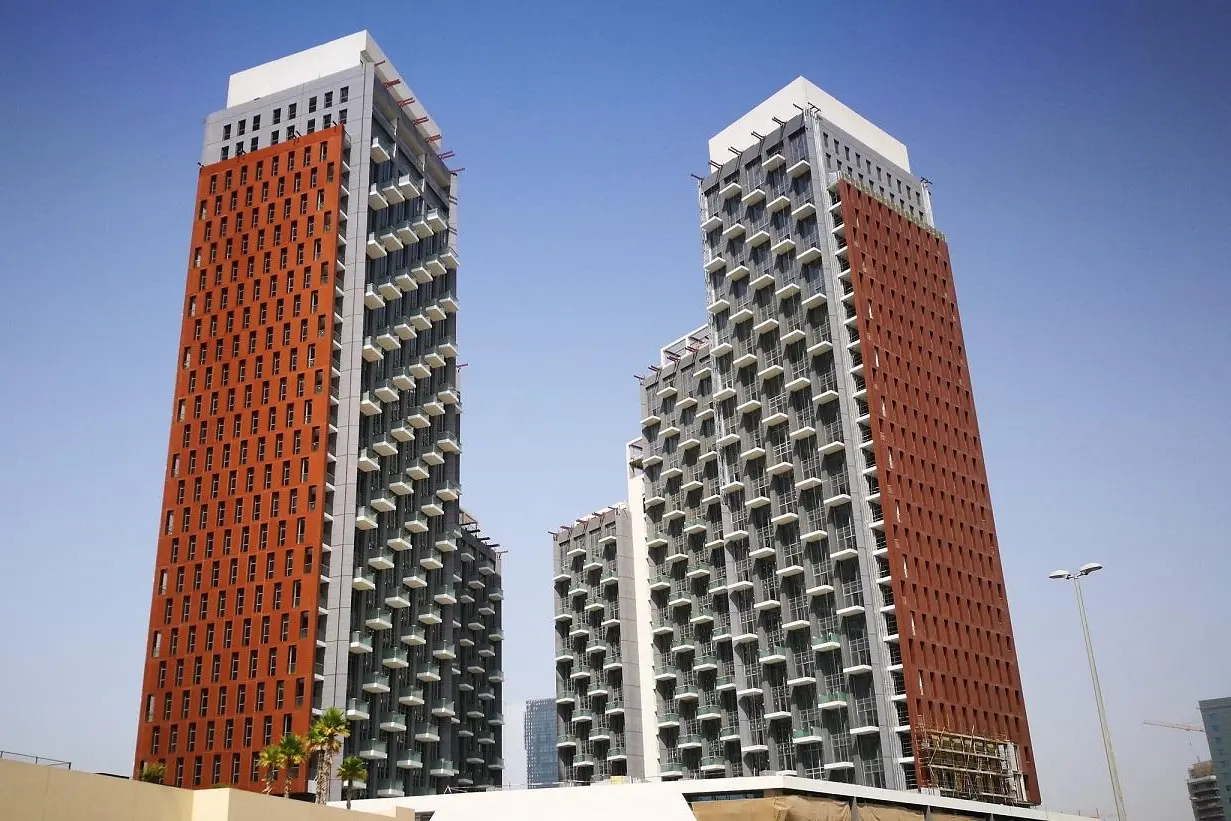PHOTO
Dubai-based Deyaar Development published its second quarter accounts on Monday which show that the developer continued to make a profit, but that its earnings continued to rely on one-off factors, such as writebacks against previously-made provisions for potential bad debts.
The company reported a 25.2 million United Arab Emirates dirham ($6.9 million) profit for the second quarter of 2018, a 28 percent decline on the 35.2 million dirham profit made in the same period a year ago. Revenue for the quarter also declined by 21 percent to 137.6 million dirhams, although it remained largely flat for the half-year at 314.1 million dirhams.
The company wrote back a 26.7 million dirham provision it had previously made against an investment in a joint venture during the period, and its cash flow statement showed a 102.7 million outflow for the six-month period, leaving it with a positive cash balance of 237.8 million.
Selima Mrabet, a financial analyst with Tunisia-based Alphamena, said in an emailed note to Zawya that "despite the decrease in both Q2 revenues and profits, Deyaar proved its ability to keep its business strong and overcome the sector’s difficulties".
However, she also argued that its "earnings quality remained low as the company did not stop writing back provision for impairments, and did not find the 'right formula' to manage its WCR (working capital ratio) as of yet."
In a press release announcing its results issued on Sunday, Deyaar Development's chief executive, Saeed Al Qatami, highlighted the progress that the firm had made on a number of its current projects, having begun the handover of units at The Atria - a two-tower project containing 219 apartments and 347 hotel apartments in Business Bay, earlier this month.
"As we are making significant progress on The Atria, Midtown, and Millennium Deyaar Hotel & Apartments in Al Barsha, we are confident about our ability to further expand Deyaar’s portfolio and continue to see positive results," he said.
Like many of Dubai's developers, Deyaar's shares have fallen in value since the start of the year as investor sentiment towards the emirate's real estate sector worsened. However, its shares have only marginally underperformed the Dubai Financial Market's benchmark index, declining by 12.9 percent, compared to a 12 percent overall market decline. Deyaar Development is majority owned by Dubai Islamic Bank.
(Reporting by Michael Fahy; Editing by Shane McGinley)
Our Standards: The Thomson Reuters Trust Principles
Disclaimer: This article is provided for informational purposes only. The content does not provide tax, legal or investment advice or opinion regarding the suitability, value or profitability of any particular security, portfolio or investment strategy. Read our full disclaimer policy here.
© ZAWYA 2018




















